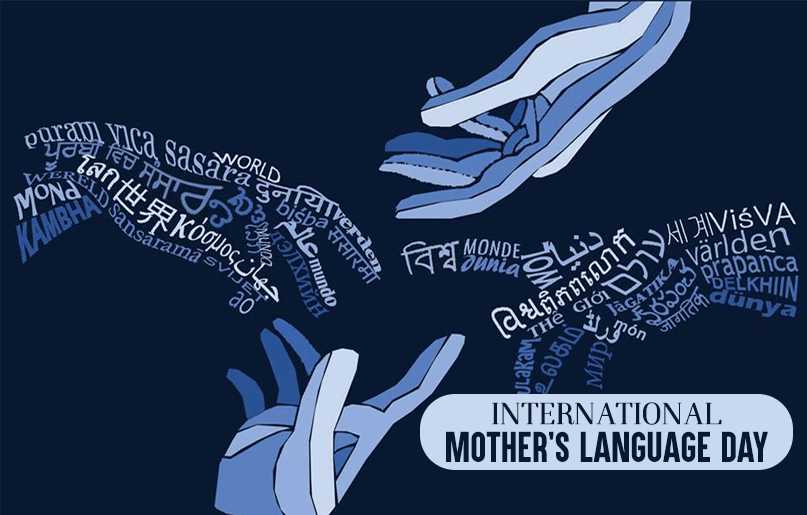"Preserving Linguistic Diversity: The Significance of International Mother Language Day"
)
Introduction:
International Mother Language Day is a holiday celebrated annually on February 21st to promote linguistic and cultural diversity and to raise awareness of the importance of mother languages. In this article, we will explore the history and significance of this holiday, and the ways in which it highlights the importance of preserving and celebrating our mother languages.
Subheadings:
The history of International Mother Language Day
The importance of mother languages
Preserving and celebrating mother languages
The impact of globalization on mother languages
The role of education in promoting mother languages
The history of International Mother Language Day
International Mother Language Day was first announced by UNESCO in 1999 to promote the preservation and protection of all languages used by peoples of the world. It was inspired by the events that took place in Bangladesh in 1952, when students protested for their right to use their mother language, Bangla, as a medium of instruction in schools. The protests resulted in the tragic loss of lives, but it also led to the recognition of Bangla as one of the official languages of Bangladesh, and inspired the creation of International Mother Language Day.
The importance of mother languages
Mother languages are an essential part of our identity, culture, and heritage. They are the first languages that we learn as children, and they help to shape the way that we view the world around us. Mother languages also play a vital role in communication, social interaction, and the transmission of knowledge and cultural practices

Preserving and celebrating mother languages
International Mother Language Day highlights the importance of preserving and celebrating our mother languages. This can be achieved through a variety of means, including promoting language education, creating opportunities for language learning and practice, and supporting the creation of literature and other cultural artifacts in mother languages. By preserving and celebrating our mother languages, we can help to maintain linguistic and cultural diversity, and promote mutual understanding and respect.
The impact of globalization on mother languages
In today's globalized world, mother languages are facing increasing pressures from dominant languages and cultural norms. As a result, many mother languages are at risk of disappearing or becoming marginalized. International Mother Language Day provides an opportunity to raise awareness of these issues and to promote efforts to preserve and promote mother languages.
The role of education in promoting mother languages
Education plays a vital role in promoting mother languages. By incorporating mother languages into education systems, we can help to preserve linguistic and cultural diversity, promote multilingualism, and foster greater understanding and respect between different cultures and communities. Additionally, by providing opportunities for language learning and practice, we can help to support the development of language skills and promote cultural exchange.
Conclusion:
In conclusion, International Mother Language Day is an important holiday that celebrates the diversity of mother languages and promotes their preservation and promotion. By recognizing the importance of mother languages, and supporting efforts to preserve and celebrate them, we can help to promote linguistic and cultural diversity, foster mutual understanding and respect, and create a more inclusive and connected world.





